

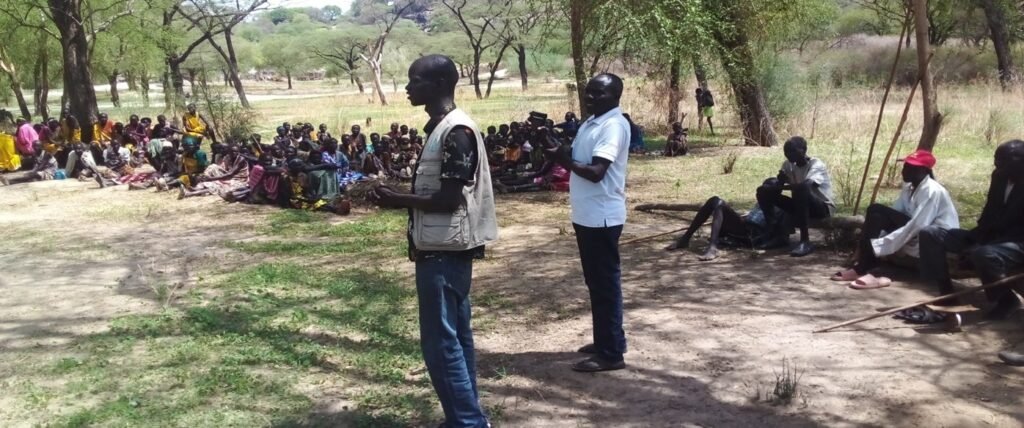
The Integrated Nutrition Support Program, led by CODAID in partnership with WFP, is designed to combat malnutrition and food insecurity in vulnerable communities of Budi County. The initiative combines Blanket Supplementary Feeding Programme (BSFP) with Cash-Based Transfers (CBT) and General Food Distribution (GFD+), targeting children aged 6-23 months, pregnant, and lactating women.
To reduce the risk of acute malnutrition and improve nutritional status among children under two, pregnant and lactating women through integrated food support and awareness interventions.
Community Engagement:
Beneficiary Targeting & Registration:
Nutrition Awareness & Education:
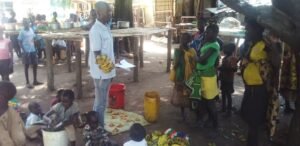
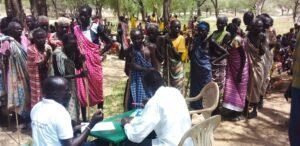
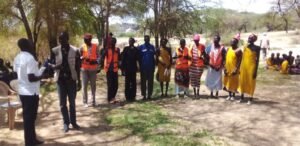
Your support helps us provide food, clean water, healthcare, and education to those in need. Every donation, big or small, brings hope to communities.
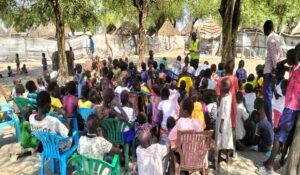
Community Development Aid (CODAID) successfully implemented the GPE-Project 2023, aimed at increasing access to quality education in Budi County, Eastern Equatoria.
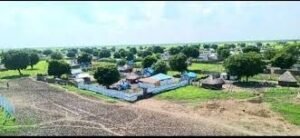
Community Development Aid (CODAID) is implementing the Education Can’t Wait Multi-Year Resilience Project in 11 schools across Akobo County, Jonglei State.
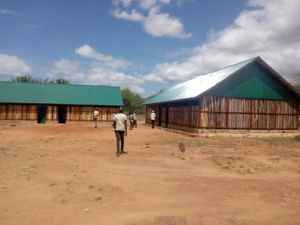
The CODAID Education Resilience Initiative, implemented in partnership with NRC under the Education Cannot Wait (ECW) Multi-Year Resilience Project, aims to provide crisis-affected children and youth in Akobo County with safe and quality education opportunities
Are you an organization, donor, or government agency looking to make a difference? Let’s work together to create sustainable solutions.